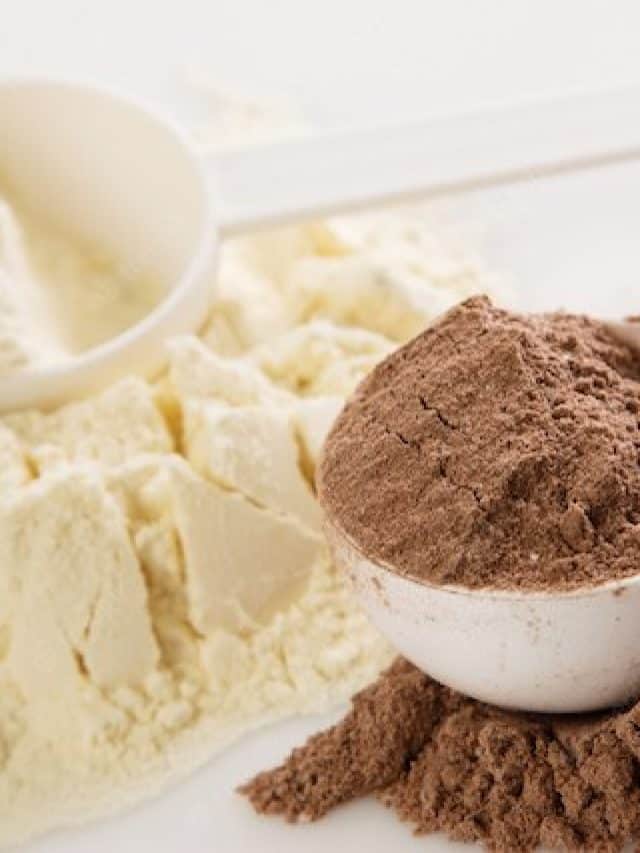
Water, the elixir of life, plays a fundamental role in sustaining human health and vitality. From regulating body temperature to facilitating nutrient transport and waste elimination, its significance cannot be overstated. Yet, determining the exact amount of water one should consume daily remains a complex question influenced by numerous factors. In this comprehensive exploration, we delve into the intricate science of hydration to elucidate the optimal daily water intake requirements.
The Physiology of Hydration: The human body comprises approximately 60% water, highlighting its pivotal role in physiological processes. Water is continuously lost through respiration, perspiration, urination, and bowel movements. Failure to replenish these losses can lead to dehydration, disrupting bodily functions and compromising overall well-being.
Factors Influencing Water Requirements:
1. Age and Gender: Water needs vary across different life stages and sexes. Children generally require less water than adults due to their smaller body size and lower metabolic rate. Conversely, pregnant or breastfeeding women exhibit increased water needs to support fetal development or milk production.
2. Weight: Body weight serves as a determinant of water requirements, with heavier individuals typically necessitating more water to maintain hydration equilibrium.
3. Activity Level: Physical exertion and exercise induce higher rates of perspiration, leading to greater fluid loss. Athletes and individuals engaging in vigorous activities must replenish lost fluids adequately to prevent dehydration.
4. Climate and Environment: Environmental factors such as temperature, humidity, and altitude influence water requirements. Hot and humid conditions, as well as high altitudes, increase sweat production, necessitating higher fluid intake to offset losses.
Recommended Daily Water Intake
The Institute of Medicine (IOM) provides general guidelines for daily water intake:
For men: Approximately 3.7 liters (125 ounces) of total water per day, inclusive of beverages and moisture from food.
For women: Roughly 2.7 liters (91 ounces) of total water per day.
However, individual needs may deviate from these guidelines based on various factors, underscoring the importance of personalized hydration strategies.
Signs and Consequences of Dehydration
Dehydration occurs when the body loses more water than it takes in, leading to imbalances in fluid levels. Recognizable signs of dehydration include thirst, dark-colored urine, fatigue, headache, dizziness, dry mouth, and skin. Prolonged or severe dehydration can culminate in serious health complications, including kidney stones, urinary tract infections, and cognitive impairment.
Strategies for Optimal Hydration
To maintain adequate hydration levels, consider implementing the following strategies:
1. Drink water regularly throughout the day, aiming for consistent intake.
2. Monitor urine color to gauge hydration status; pale yellow urine indicates adequate hydration, whereas darker shades signify dehydration.
3. Incorporate water-rich foods such as fruits and vegetables into your diet to supplement fluid intake.
4. Adjust fluid intake based on factors like exercise intensity, environmental conditions, and alcohol consumption.
5. Carry a reusable water bottle as a visual cue to drink water frequently.
Hydration is a cornerstone of optimal health and well-being, with water serving as the quintessential hydrating agent. While general recommendations for daily water intake exist, individual requirements vary based on numerous factors. By understanding the nuances of hydration and adopting personalized strategies, individuals can ensure they meet their unique water needs, thereby promoting vitality and overall wellness. Embrace the science of hydration to unlock the key to sustained health and vitality.










